BLOG

Building Cultures of Wisdom
Stewarding a business today requires more than data and knowledge. It requires wisdom—the skillful application of knowledge to make decisions that create long-term value.
In a world overflowing with information, knowledge alone no longer differentiates successful businesses. Data supports decisions, but at the end of the day, someone must make the call. And it’s these decisions that shape the trajectory of the business, influencing not only revenue and profit but also resilience, culture, and ultimately, enterprise value.
Yet here’s the challenge: while knowledge is everywhere, wisdom is rare.
The Rising Importance of Wisdom in Business
In the mid-1990s, when I helped companies grow their document management businesses, we were amazed at the rapid growth of knowledge. Back then, knowledge was doubling every 18 to 24 months—a pace that felt overwhelming.
By 2010, the total volume of information had reached 2 zettabytes. Today, that figure has exploded to over 185 zettabytes—enough to fill 250 billion DVDs stacked 186,000 miles into the sky, 80 percent of the way to the moon.
The growth of data has brought a corresponding acceleration of change. Artificial intelligence now searches and synthesizes massive amounts of information in seconds, even applying insights to real-time decisions—like those required to drive autonomous vehicles.
Beyond technology, change is reshaping global trade and economic structures. Free trade is evolving. Market disruption is now the norm.
Change is neutral. It brings both opportunity and threat. Some of today’s largest and most valuable companies emerged during disruptive change. Many others failed to adapt and were swept away.
In this environment, businesses do not lack information. They lack wisdom.
Why Wisdom Is a Cultural Value—Not Just a Leadership Trait
Wisdom is more than knowing facts. As the ancient Hebrew scriptures describe it (חָכְמָה), wisdom is skillful living—discernment applied to action.
Yes, leaders need wisdom. But in today’s complex, fast-moving business world, organizations need cultures of wisdom.
A culture of wisdom does three things:
Empowers leaders and team members to make sound decisions at every level.
Builds resilience amid volatility and rapid change.
Cultivates long-term thinking that drives enterprise value—not just short-term wins.
Three Ways to Foster a Culture of Wisdom
1. Draw from Experience
Experience is a good starting point. As Jim Rohn once said, the future tends to repeat the patterns of the past.
There will be change. Sometimes opportunity will outweigh the challenges. Other times, challenges will feel overwhelming. Wise cultures stay calm in the face of change because they’ve built institutional memory and learned from past cycles.
But experience alone is no longer enough. While trade shifts and technological revolutions aren’t new, the speed and complexity of today’s challenges are. Wisdom requires more than history. It requires reflection and application.
2. Ask for Wisdom
Even with experience, leaders often face unprecedented decisions. That’s why wise cultures create space for reflection, humility, and—even for many—prayer.
"If any of you lacks wisdom, let him ask of God, who gives to all generously and without reproach, and it will be given to him." (James 1:5)
Wise leaders admit when they don’t have all the answers. Wise cultures empower teams to ask hard questions and seek insight, both internally and from trusted external advisors.
3. Lead With Love and Courageous Conversation
Paul writes, "Knowledge puffs up, but love builds up." (1 Corinthians 8:1)
In wise cultures, knowledge never becomes arrogance. Instead, love fosters honest, courageous conversation. Teams are encouraged to speak up, address problems early, and provide feedback without fear.
Jim Collins calls it a "council." Vern Harnish refers to a "strategic thinking team." Patrick Lencioni teaches leaders to identify people with strengths like Wonder, Invention, and Discernment—and empower them to contribute.
In contrast, companies without wisdom devolve into fear-based cultures where tough conversations are avoided. As our friend Nicole Bianchi often shares, "80% of us are avoiding a tough conversation at any point in time; 50% avoid the person altogether."
Wise cultures cultivate brave, respectful dialogue.
Wisdom as an Intangible That Drives Enterprise Value
When we apply the Four Value Creation Engines™—Revenue Growth, Process Optimization, Culture Development, and Strategic Innovation—wisdom acts as a multiplier across every area.
Revenue Growth requires wisdom to select the right opportunities and avoid distractions.
Process Optimization uses wisdom to balance efficiency and flexibility.
Culture Development flourishes when wisdom fosters resilience, empathy, and long-term thinking.
Strategic Innovation demands wisdom to balance creativity with prudent risk management.
In other words, wisdom is not just a virtue—it’s a business asset. It boosts your company’s readiness and attractiveness to buyers, increasing both the quality and the multiple of your profits.
In Conclusion
Knowledge will continue to grow. Change will continue to disrupt. But wisdom—cultivated as a core cultural value—will create lasting business value.
Here’s how to start:
Draw from collective experience.
Encourage honest reflection and feedback.
Lead with love and empower courageous conversations.
Engage external advisors for outside wisdom.
Foster curiosity and continuous learning.
My hope is that we would not just lead with knowledge, but build cultures of wisdom—so our businesses and our people can grow, thrive, and make a lasting impact.
Originally published on Darrell Amy's LinkedIn.


